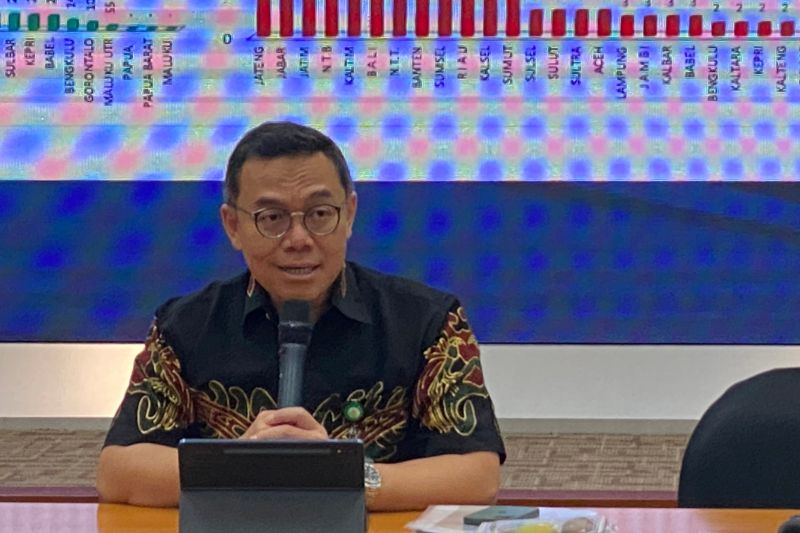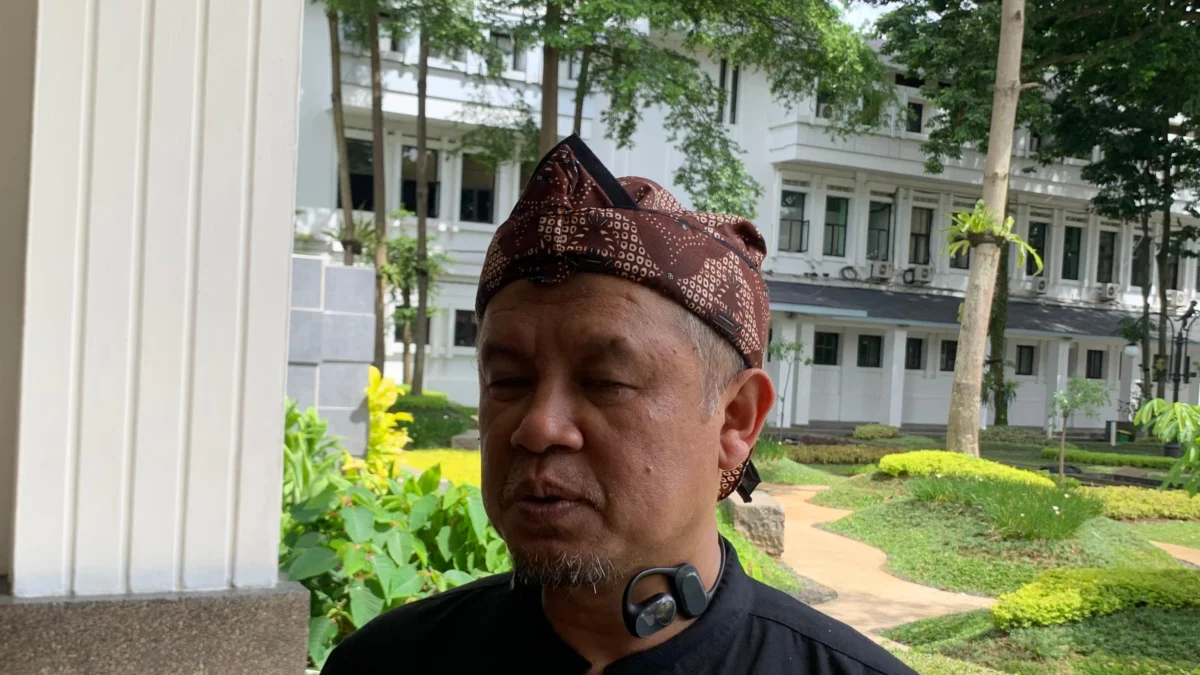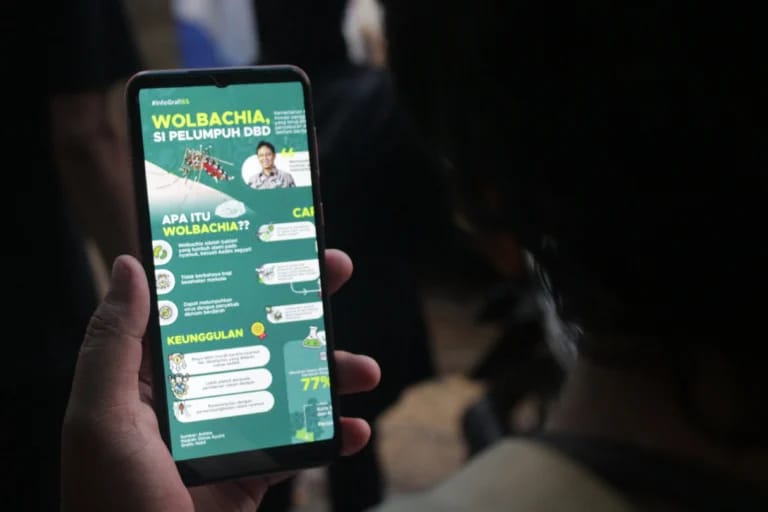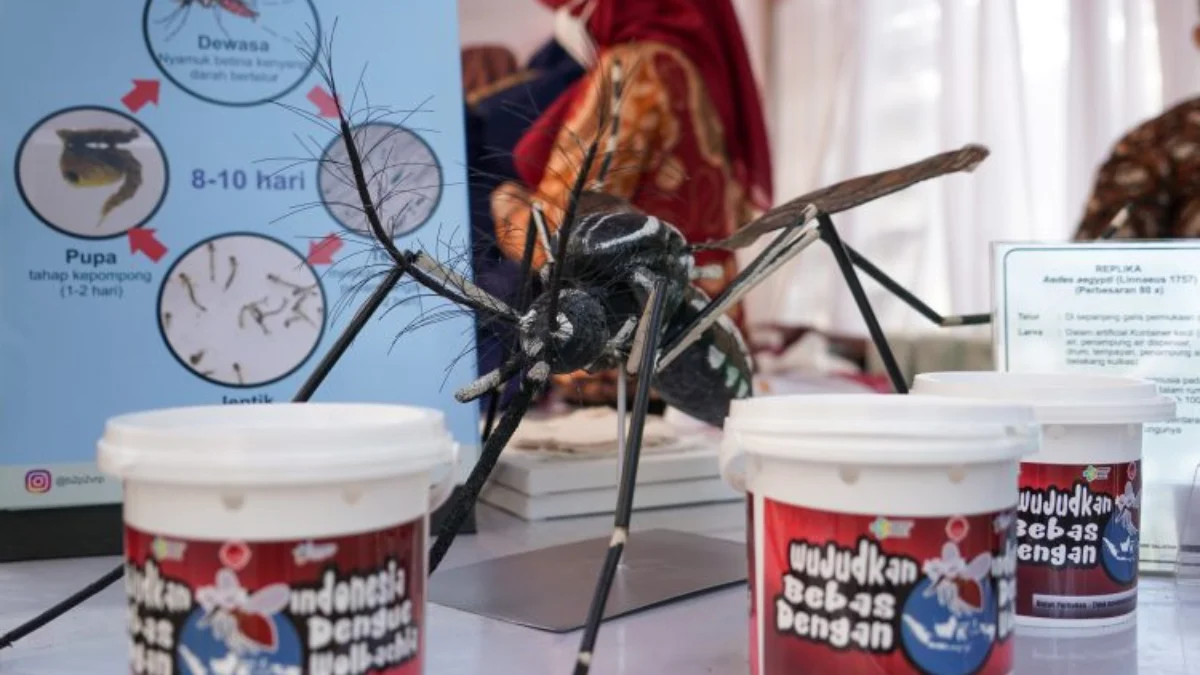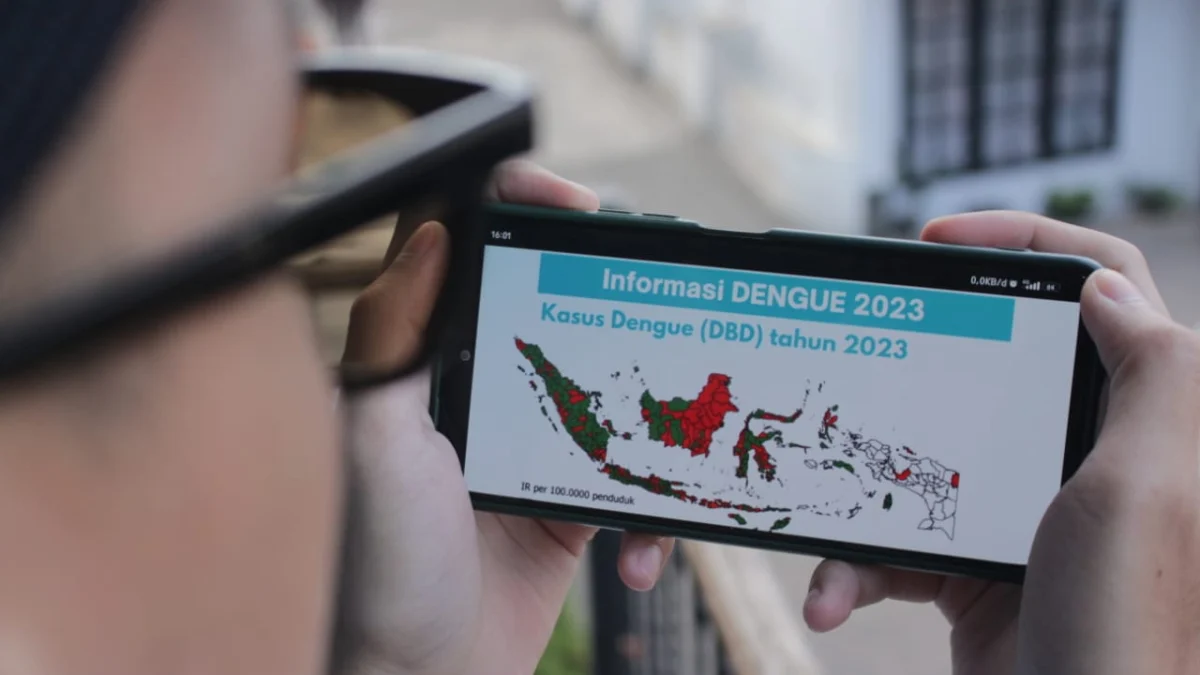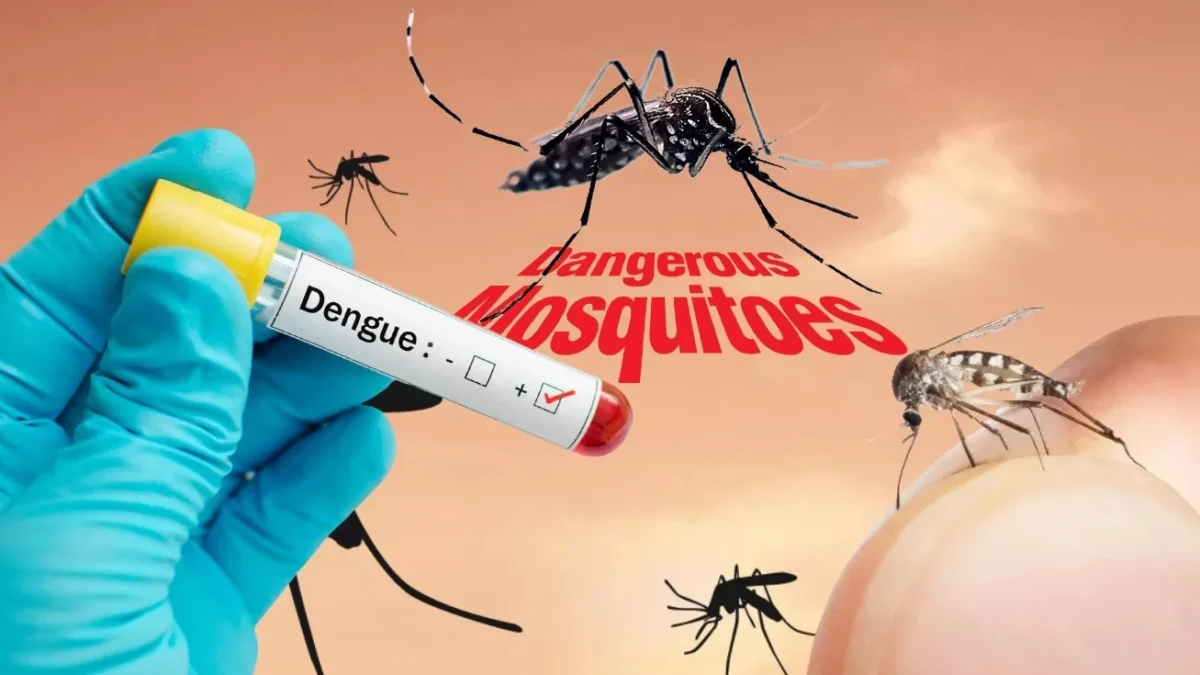From these results, the World Health Organization (WHO) supported the program and recommended Wolbachia as one of the dengue control innovations in 2020.
The results were reinforced by a risk analysis conducted by a team formed by the Kemenristek and Balitbangkes Kemenkes from 2011 to 2016, if the risks of Wolbachia technology in the next 30 years are negligible.
Wolbachia has also been implemented in several countries, such as Singapore and Brazil. Brazil even has a mosquito factory and is able to expand on a larger scale than Indonesia.
READ MORE: OECD: G20 Countries’ GDP Grows 0.9 Percent in First Quarter of 2023
“In the past, there were concerns whether mutations would occur, but before launching Wolbachia, we were careful. Since 2011, we have conducted studies with experts, so that in 2016 or 2017, after another study, we dared to launch in other areas besides Yogyakarta,” he said.
However, he said, the government does not yet have the capacity to simultaneously spread Wolbachia in the five cities directly. It turns out that the preparation needs to be done in stages, such as socialization to the community in advance not to conduct fogging that causes Wolbachia mosquitoes to fly.
It is also necessary, he said, to increase the scope of innovation to produce Wolbachia mosquito eggs, which are currently still limited in number. “So we can conclude that Wolbachia is an environmentally friendly and sustainable technology,” he said.
